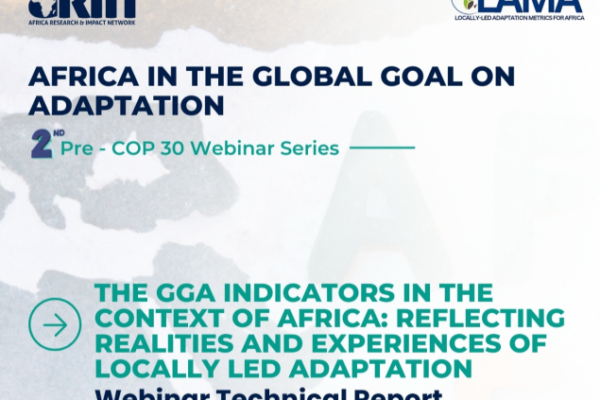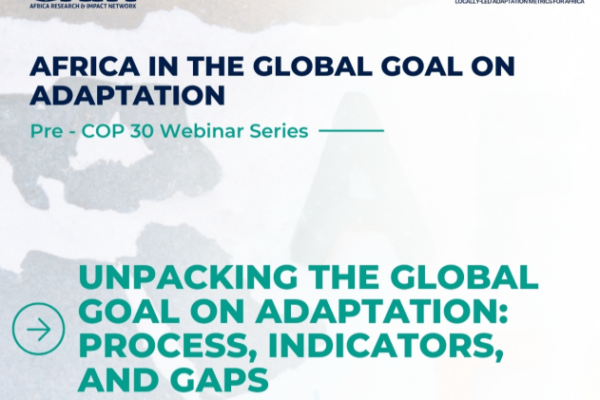UK Aid wishes to promote modern energy cooking services in the Global South and is investing around GBP 40 million (USD 50.5 million) through a multi-partner programme of activities – the Modern Energy Cooking Services (MECS) Programme2 – led by Loughborough University in the UK to help achieve its ambitions. The MECS Programme, as a whole, encompasses several modern energy carriers that can be used for cooking,
such as liquified petroleum gas (LPG), ethanol, biogas and electricity. Of these carriers, historically, electricity has enjoyed little attention in attempts to promote modern energy cooking services in the Global South and so the MECS Programme is something of a pioneer in this respect. Because of a convergence of several technological advances in, amongst others, energy storage, ICT-enabled payment systems, and cost and efficiency improvements in generating technologies such as solar photovoltaics (solar PV), cooking with electricity is becoming economically and technically feasible for a much wider group of people in the Global South than has been the case (Batchelor et al., 2018).
Electric cooking (e-cooking) has the potential to realise a number of benefits, including but not limited to cleaner household air, lower cooking costs, shorter cooking times, less deforestation, reduced greenhouse gas emissions (if the electricity is generated from renewable energies) and some improved gender-equity outcomes. Furthermore, there is the potential to nurture local production of e-cooking appliances and related technologies that could contribute to the industrialisation ambitions of Global South countries. In short, e-cooking has the potential to contribute to progress in achieving several of the UN’s Sustainable Development Goals (SDGs). None of these benefits is guaranteed. But the chances of success will be raised, we would argue, by fostering what we call socio-technical innovation systems (defined below) that are centred on relevant e-cooking technologies. Fostering these e-cooking socio-technical innovation systems can in part be achieved by bringing together the socio-technical innovation systems that currently exist around electricity access (e.g. in solar PV in Kenya) and around clean(er) cooking that, to date, have largely been unconnected. But work will also need to be done to nurture the nexus of these two systems, especially in terms of the social practices specific to e-cooking that may be, to varying degrees, novel in many contexts at present.
In this paper, we report findings from the first stage of our project, funded by the MECS Programme, in which we characterise the socio-technical innovation system around e-cooking in Kenya. A sibling paper reports our findings for the e-cooking socio-technical innovation system in Tanzania. We mention both
papers at this point because they share some common text. Consequently, those who have read the sibling paper may prefer to skip Section 2 in its entirety, as the presentation of the analytical foundations and methodology, apart from some details, is practically identical to the text in the other paper. Otherwise, the text here is mostly specific to e-cooking in Kenya. In the rest of this introduction, we explain the nature and purpose of our e-cooking socio-technical innovation system characterisation (or ‘map’), define briefly what we mean by the term socio-technical innovation system, argue why it is important to develop a socio……….


